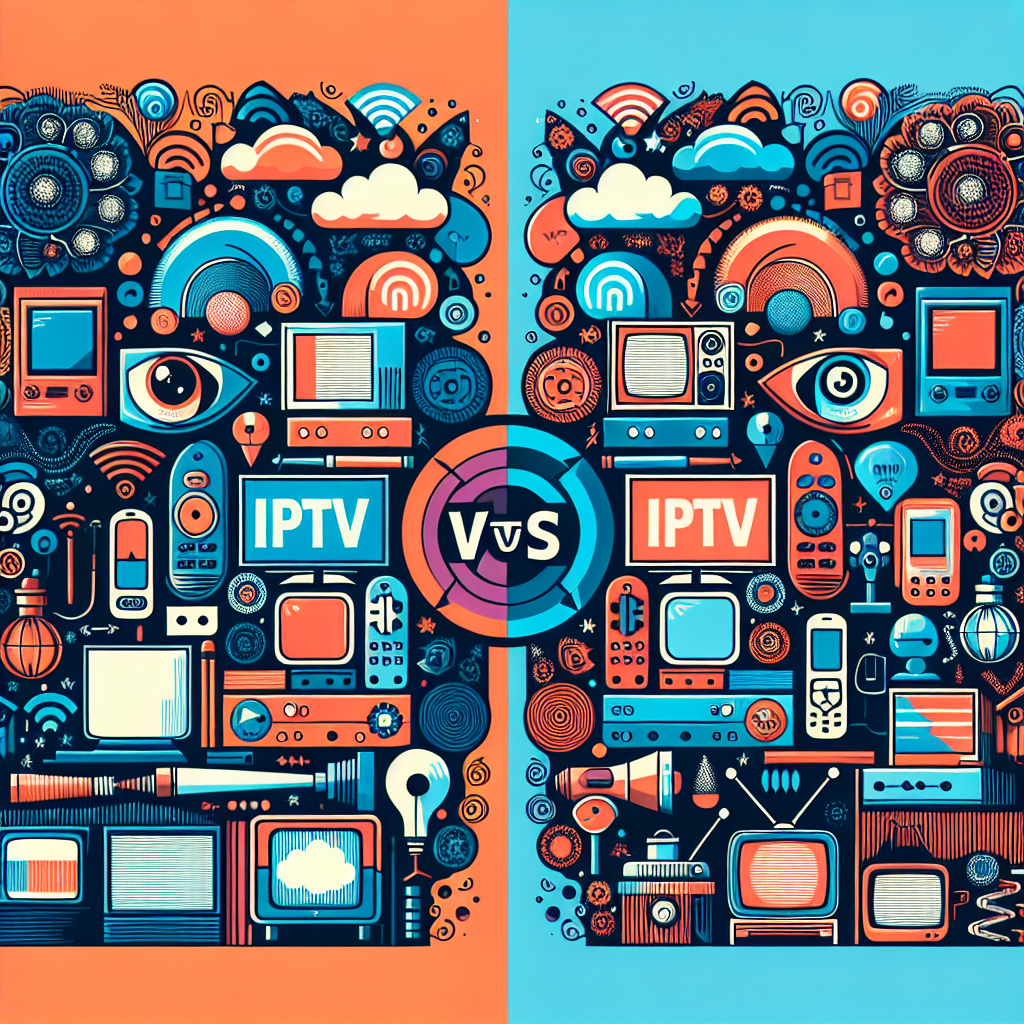IPTV vs. Cable TV: A Comprehensive Comparison
In today’s world, television has become an essential part of our daily lives. With the advancements in technology, there are now more options than ever when it comes to choosing how you want to watch your favorite shows and movies. Two popular choices are IPTV and Cable TV. In this article, we will provide a comprehensive comparison of the two options to help you decide which one is right for you.
IPTV, which stands for Internet Protocol Television, is a service that delivers television programming over the internet rather than through traditional cable or satellite means. With IPTV, you can stream live TV channels, on-demand content, and even watch recorded shows from a variety of devices such as smartphones, tablets, smart TVs, and streaming devices like Roku or Amazon Fire TV.
On the other hand, Cable TV is a traditional television service that delivers programming through a physical cable connection to your home. Cable TV packages typically include a set number of channels that are broadcasted in real-time, as well as additional features like DVR recording and on-demand content.
One of the main advantages of IPTV is its flexibility and convenience. With IPTV, you can watch TV on multiple devices and from anywhere with an internet connection. This means you can enjoy your favorite shows on the go, whether you’re traveling, at work, or simply in a different room in your home. Additionally, IPTV often offers a wider range of channels and on-demand content, allowing you to customize your viewing experience to suit your preferences.
Cable TV, on the other hand, is known for its reliability and consistent signal quality. With Cable TV, you don’t have to worry about buffering or internet connectivity issues that can sometimes affect IPTV services. Cable TV also tends to offer a more extensive channel lineup with premium options like sports packages and movie channels.
When it comes to pricing, IPTV is often seen as a more cost-effective option compared to Cable TV. IPTV services typically offer various subscription plans at different price points, allowing you to choose a package that fits your budget and viewing needs. Cable TV, on the other hand, can be more expensive, especially when you add on extra features like DVR recording or premium channels.
In conclusion, both IPTV and Cable TV have their own pros and cons, and the right choice for you will ultimately depend on your preferences and needs. If you value flexibility, convenience, and a wide range of content options, IPTV may be the better choice for you. However, if you prioritize reliability, signal quality, and a traditional TV viewing experience, Cable TV may be the way to go. Ultimately, it’s essential to consider your viewing habits, budget, and preferences when deciding between IPTV and Cable TV.


Leave a Reply